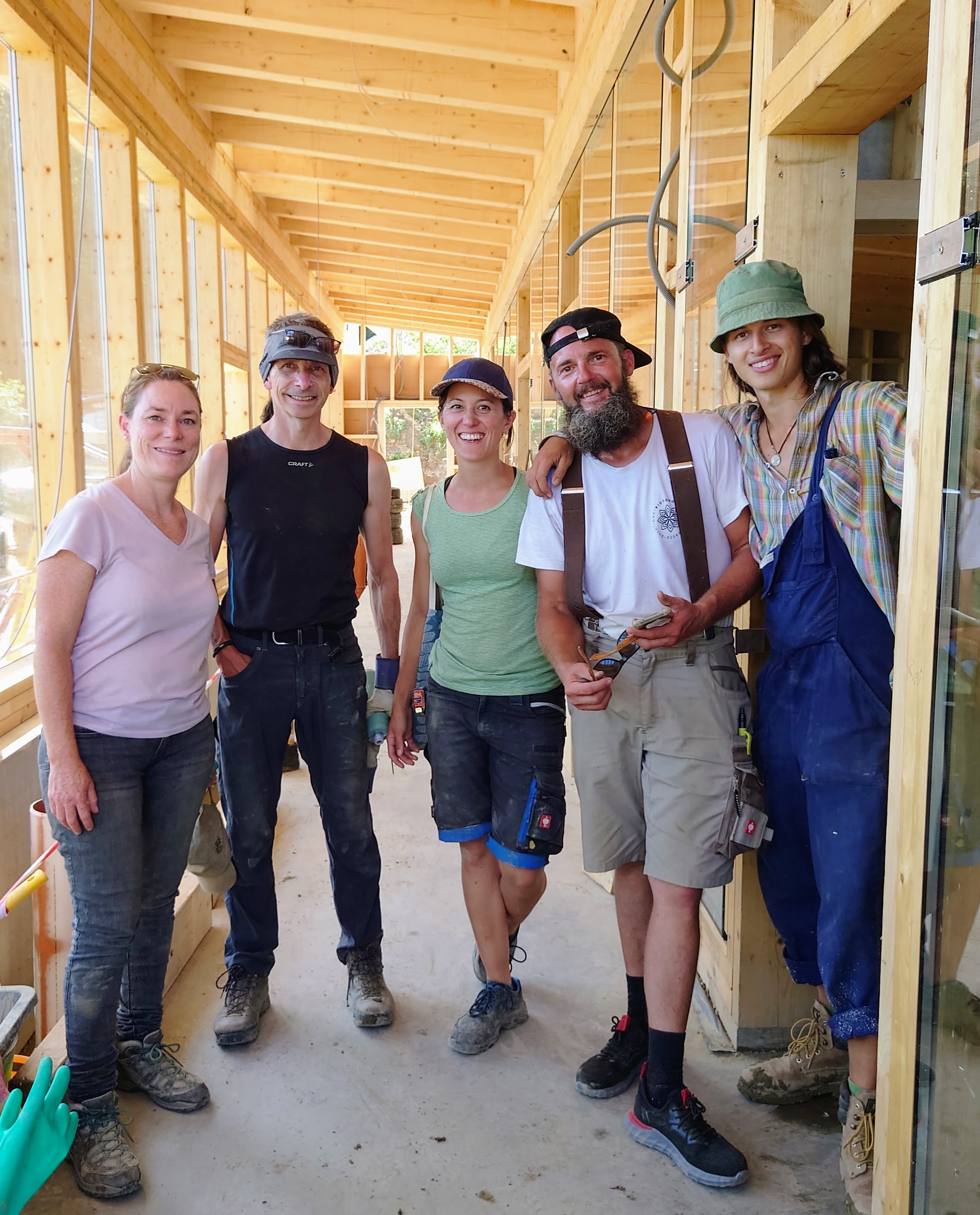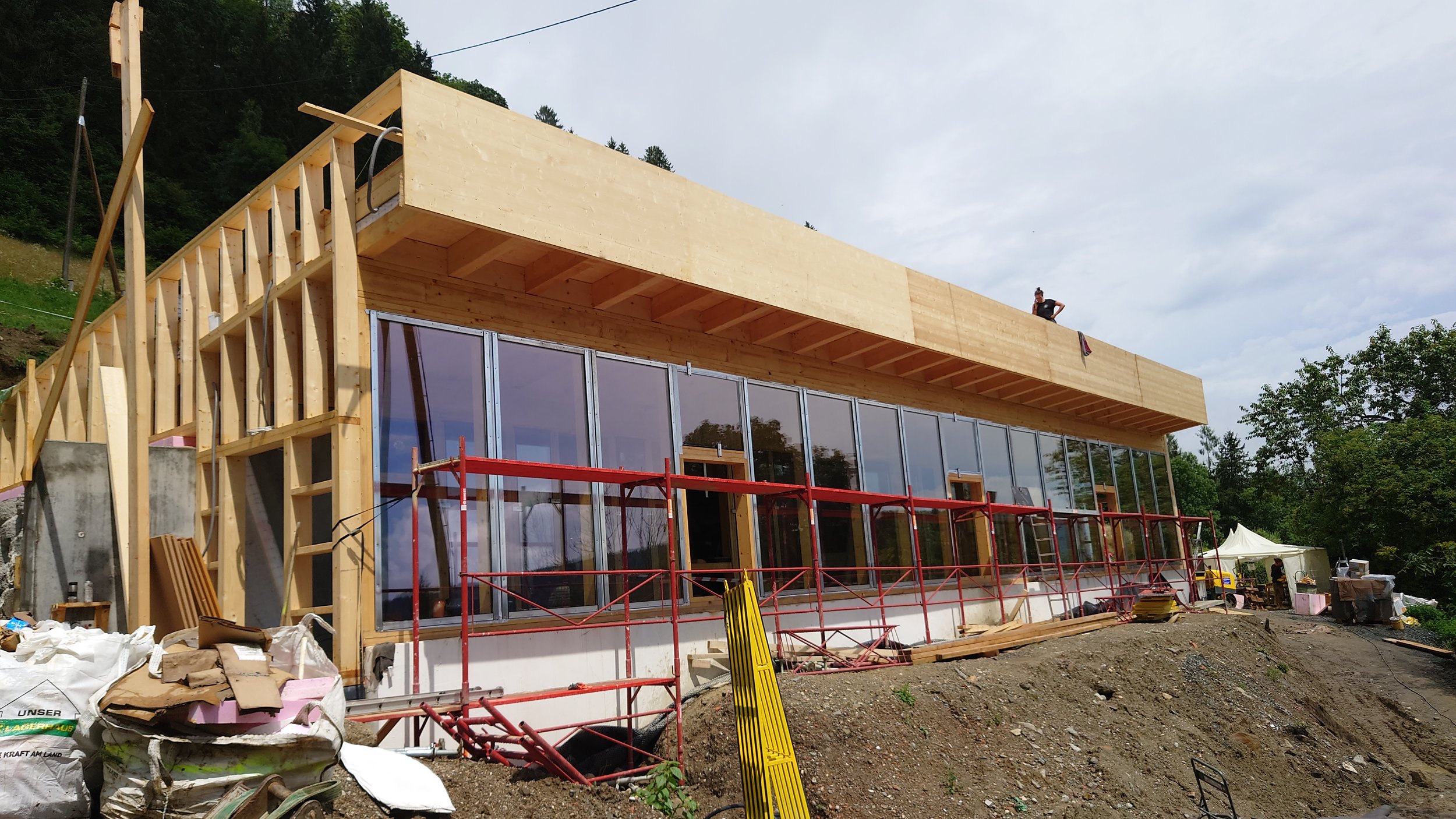2023: Our year in review
2023 was a busy year for rb&m with one major market research report published and several other projects started including continuing work on consumer protection in the energy flexibility sector, technical research comparing wind energy forecasting methods and an examination of the thermal performance of properties in the Scottish Highlands.
Our work in 2023 has again encompassed research, policy, representation and auditing:
we are focused on the consumer experience in the low carbon technology markets as the sector’s most experienced audit team;
rb&m managing partners sit on five of UK’s microgeneration technical working groups, an IET working group and a panel developing a consumer code in the energy flexibility sphere; and
we continue to deliver key sector guidance and model consumer documentation to industry bodies.
rb&m research
Ground-breaking consumer and market research
Early 2023 saw the publication of rb&m’s Consumer Research in the Microgeneration Sector based on a large-scale survey and focus group evidence. The research was designed to assess; the basis for consumer decisions to invest in low carbon technologies; existing messages about those technologies; identify market barriers; evaluate consumer outcomes; and identify the market protections that are most valued by consumers.
The research was based on a nationally-representative survey of 2000 consumers and a further survey of 500 consumers who had already purchased at least one renewable energy system. We also organised five focus groups to explore key topics in more depth. We identified nine key lessons for the microgeneration sector:
1. Carbon and environmental concerns are drivers of take-up.
2. Satisfaction with renewables is generally very high but within that overall level, there are areas of concern. Our research indicates that roughly 1 in 10 people need to make a complaint about the renewable energy system they have had installed and 16 per cent said ongoing support had been difficult.
3. For those without renewables, the results indicate that – if engagement doesn’t improve – the actual market for renewable space heating may be considerably smaller than usually assumed.
4. Consumers without renewables are deterred by more than just the cost of renewables, fearing disruption, the hassle of identifying what’s right for them and the risk of being an early adopter.
5. For consumers without renewables, the market needs to be de-risked.
6. MCS’s functions have overwhelming support but there is very little or no awareness of the organisation itself.
7. Consumers value independent and detailed impartial information the most. They want to know what works and, in particular, what will work for them in their property and in their individual circumstances.
8. Consumers are often unaware of the crucial documents they should be given or they are not provided with those documents.
9. Performance estimates are critical documents, but current iterations were not well-received.
rb&m worked closely with research partners Opinium and Incling. The research was commissioned by MCS.
Heat Trust compliance analysis
rb&m has continued to deliver audit services to UK’s Heat Trust: UK’s consumer protection scheme for people who depend on the rapidly expanding – but unregulated – heat network market. These heat networks will be subject to legal supervision from 2025 but, in the meantime, the Heat Trust delivers important heat service safeguards in the form of minimum service standards and strict oversight. rb&m reviewed dozens of previous audits to provide an analysis of compliance. The study assessed heat network performance in audits carried out by rb&m against all key Heat Trust obligations to provide an overview of critical market strengths and weaknesses. The analysis is being used by Heat Trust to inform its development and prepare the sector for Ofgem regulation.
Domestic energy flexibility
Early 2023 also saw rb&m managing partner Sue Bloomfield complete an updated and revised consumer guide to energy flexibility, ‘Can you be flexible?’ for RECC, as well as an updated guide to home EV Chargepoints, one of the potential sources of that flexibility.
Sue was also a member of the HOMEFlex panel that developed a Code of Conduct to protect consumers participating in the market for domestic energy flexibility. The new Code was issued in June 2023, a joint publication from Flex Assure, SSEN and the Centre for Sustainable Energy. Work is ongoing to develop a monitoring and enforcement mechanism for Code members. See here for more information.
Winter 23/24 saw the return of the ESO’s Demand Flexibility Service, rewarding households and businesses for shifting their electricity use during DFS events. For this season, participant electricity suppliers and aggregators were added to a Registered Provider list on the DFS page. In support of consumer protection, the registered providers list also outlined which providers were aligned to the FlexAssure and HOMEflex codes of conduct.
rb&m technical
Wind energy generation forecasting
In May 2023 rb&m completed a technical research project comparing small-scale wind generation forecasting methods. Actual monitored wind speed data was obtained for a series of known locations in North West Scotland and were used to generate an estimate of energy generation for those locations in kWh. The results were then compared to a performance estimate algorithm that models generation using average wind speeds obtained from the Global Wind Atlas.
rb&m is a member of the MCS Wind Energy Technical Working Group and our research is being used by that Group to update the formal wind energy performance estimate methodology. We will publish a version of our report here soon.
Resource pack for Green Finance advisers
Managing partner Sue Bloomfield was commissioned by RECC to develop a resource pack on renewables for advisers in a ‘green finance’ specialist corporation. The pack is being made available via Dropbox, with a planned formal launch in 2024.
Developing skills in Nature Based Solutions and autonomous buildings
rb&m managing partner Colin Meek has gained a certificate in Nature Based Solutions and hands-on experience in the design and construction of autonomous buildings after completing an intensive 4-week construction course in the Austrian Alps. Organised by the Spain-based Biotonomy, the course brought around 20 construction and energy professionals together with architecture students to work with the Biotonomy team to build a permaculture learning centre. The project uses Nature Based Solutions to deliver healthy buildings with passive heating and cooling. Colin is now working on a project that aims to develop a European standard for the construction of autonomous buildings.
rb&m audit
Flex Assure audit review
UK’s ground-breaking Flex Assure scheme is a unique quality-assurance project designed to build confidence in energy flexibility and optimisation services. Built to protect business energy users, Flex Assure ensures that member companies deploy high standards and a minimum level of service with a focus on accessible information and key contract clauses.
rb&m was commissioned to review the audit framework for the pioneering Flex Assure Code of Conduct and provide proposals for ‘lighter touch’ interim audits. The audit review sought to streamline the audit approach and reduce the administrative burden on the member companies.
rb&m is proud to continue its partnership with Flex Assure and the Association of Decentralised Energy (ADE) in the development of the scheme and energy flexibility services.
rb&m research
Thermal performance of rural properties
rb&m’s Colin Meek completed a research project on the thermal performance of homes in the North West Highlands. There are more heat pumps installed in this area (as a percentage of all properties) than almost anywhere else in the UK and the research focused on the potential for further deployment. The project found that a much higher proportion of homes are very inefficient compared to Scotland as a whole with 60% below benchmark efficiency of EPC band C and that heat pumps are suitable for a large majority of homes in the area that currently do not have them installed. The research is being used to highlight the problem of fuel poverty in remote areas, the low quality of housing in the Highlands and to campaign for energy efficiency initiatives.
rb&m audit
rb&m’s audit services
The rb&m team continue to work at the key consumer-installer interface in the microgeneration sector delivering due diligence reports and full company audits for the Renewable Energy Consumer Code (RECC). In 2023 rb&m carried more than 20 intensive audits and these involved the detailed assessment of around 60 actual technical performance estimates provided by installers to consumers.
We’ll be posting more information about our work on performance estimate methodologies soon.








